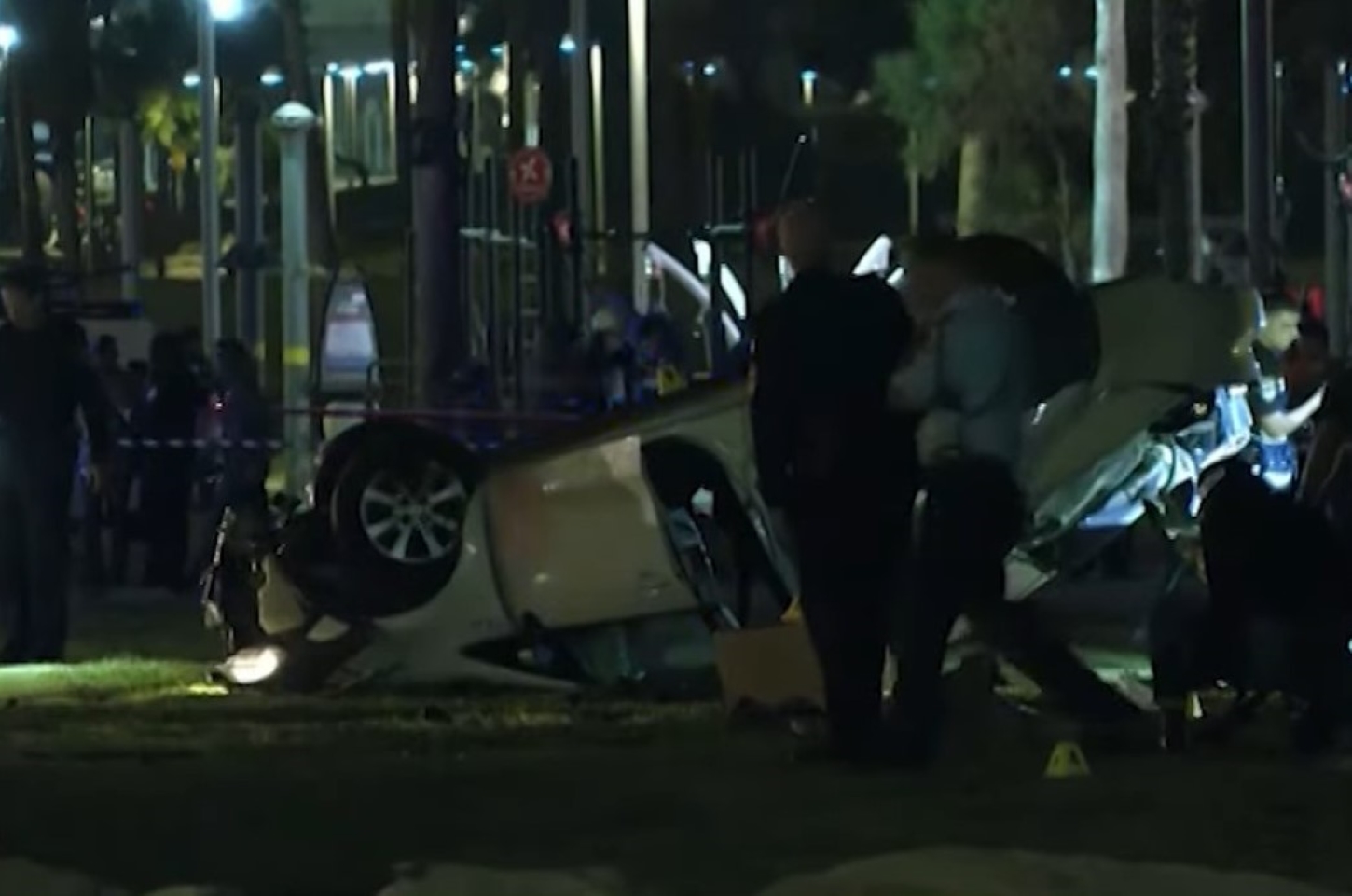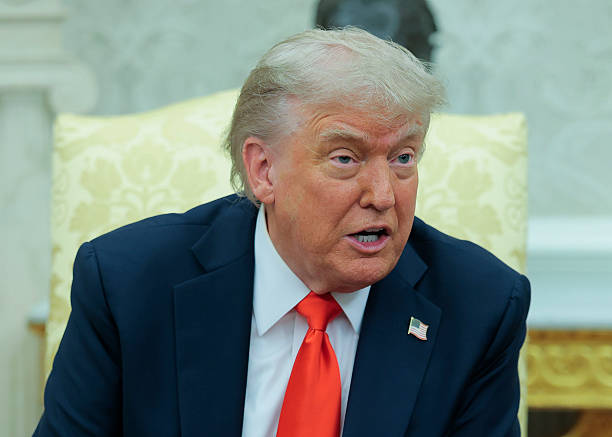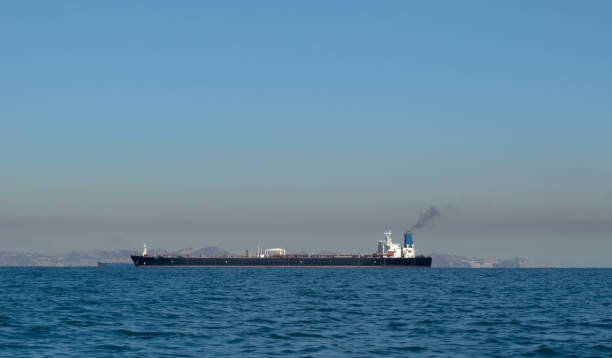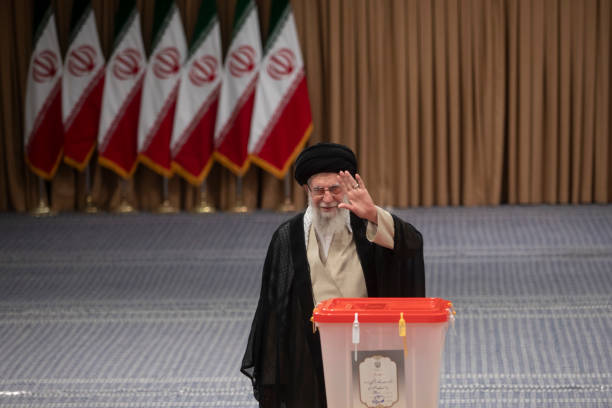Israeli crisis escalates as Reservists mobilize
Prime Minister Benjamin Netanyahu’s failure to form a coalition government after the recent elections has plunged the country into turmoil, but the situation has now been compounded by the involvement of the military.

Reservists, who are typically called up during times of war or emergency, have been drafted in to help maintain security in key areas of the country. This move has been met with mixed reactions from the public, with some praising the government’s decision to take action while others have expressed concern that military involvement could exacerbate the Israeli crisis.
Israeli government calls up reservists after car attack in Tel Aviv https://t.co/9x7vBbzua2
— Guardian US (@GuardianUS) April 8, 2023
The situation is particularly tense in the Gaza Strip, where Israel has been engaged in a long-standing conflict with Hamas. The Israeli military has already carried out several airstrikes against Hamas targets in recent weeks, and the involvement of reservists has led to fears that a full-scale war could break out at any moment.
The situation has also put a strain on Israel’s already fragile relationship with the Palestinian Authority. The PA has accused Israel of using the political crisis as an excuse to escalate its military operations in the West Bank, where there has been a recent upsurge in violence.
The Israeli government has defended its decision to call up reservists, saying that it is necessary to maintain stability and protect the country’s citizens. However, opposition politicians have accused Netanyahu of using the crisis to cling to power and avoid facing corruption charges.
The international community has expressed concern about the situation, with many calling for calm and a return to dialogue. The United Nations has called for an immediate cessation of hostilities and urged all sides to work towards a peaceful resolution.
As the crisis deepens, it remains to be seen how Israel will navigate these turbulent waters. The involvement of reservists has transformed what was already a political crisis into a security one, and the stakes could not be higher.




.jpg)


Conversation